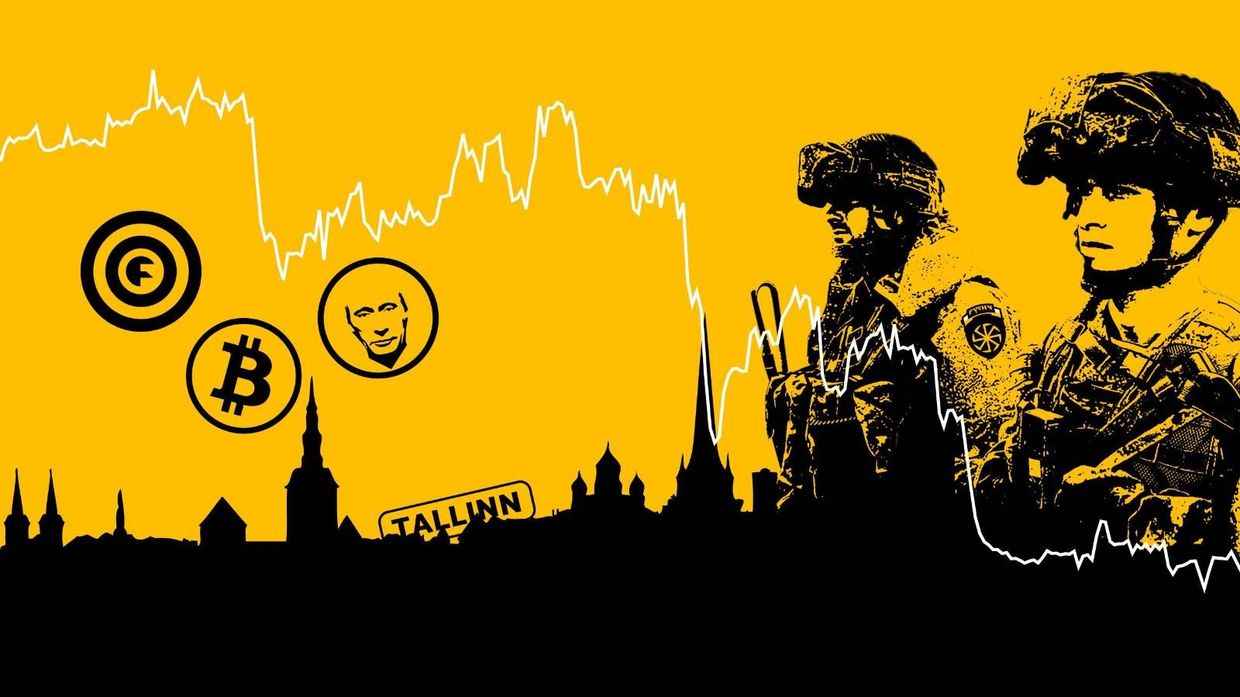WSJ: Palestinian militant group received funds from sanctioned Russian crypto-exchange

The Palestinian militant group Islamic Jihad received part of a $93 million payment through the sanctioned Russian crypto-exchange company Garantex, the Wall Street Journal reported on Oct. 13.
The sources used in the reporting alleged that Hamas likely used a similar funding scheme as a means of disguising their transactions and evading sanctions.
Garantex customers in Russia can deposit cash in rubles and then receive the equivalent in cryptocurrency, which can then be withdrawn abroad in a foreign currency, effectively disguising the origin of the funds. According to the WSJ's reporting, there is "little trackable record of the transactions," making it difficult for international financial crime regulators to crack down on such exchanges.
After the U.S. Treasury Department sanctioned more than 80% of the Russian banking industry following the full-scale invasion, crypto has become one of the primary ways that Russians can move money around in foreign banks. The gaps in enforcement also provide opportunities for terrorist groups such as Hamas or Islamic Jihad to fund their operations.
Unnamed Treasury Department sources told the WSJ that the U.S. was considering additional actions against Garantex to stop the flow of illegal or sanctioned money.
The WSJ estimates that as much as $7-30 billion have been funneled through Garantex since the beginning of Russia's full-scale invasion. The company was sanctioned by the Treasury Department in April 2022.











